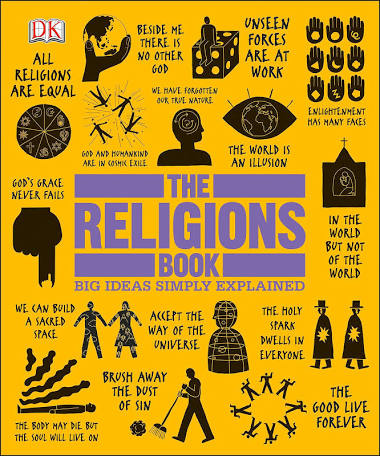Examples of criticisms regarding the science in The Urantia Book include:
- The described formation of the solar system is consistent with the Chamberlin-Moulton planetesimal hypothesis,[103] which though popular in the early part of the 20th century, was discarded by the 1940s after major flaws were noted.[104] The currently accepted scientific explanation for the origin of the solar system is based on the nebular hypothesis.[103]
- According to the book's descriptions, the universe is hundreds of billions of years old and periodically expands and contracts — "respires" — at 2-billion-year intervals. Recent observations measure the true age of the universe to be 13.8 billion years.[105] The book does not support the Big Bang theory.[106]
- A fundamental particle called an "ultimaton" is proposed, with an electron being composed of 100 ultimatons. The particle is not known to be described anywhere else and the concept is at odds with modern particle physics.[107]
- The Andromeda Galaxy is claimed to be "almost one million" light years away, repeating a systematic mistake in the measurements of the distance to galaxies made in the 1920s.[108] The galaxy is now known to be 2.5 million light years away.
- The book repeats the mistaken idea that planets close to a sun will gradually spin slower until one hemisphere is left always turned to the sun due to tidal locking, citing Mercury as an example. Scientists at the time of the book's origin thought one side of Mercury always faced the sun, just as one side of the Moon always faces the Earth. In 1965, radio astronomers discovered however that Mercury rotates fast enough for all sides to see exposure to the sun.[106] Scientists further established that Mercury is locked in this spin rate in a stable resonance of 3 spins for every 2 orbits, and it is not slowing and so will never have one side left always turned to the sun.[109]
- Some species are said to have evolved suddenly from single mutations without transitional species.[110] The theory originated with Dutch botanist Hugo De Vries but was short-lived and is not now supported.[111]
- The book erroneously says that a solar eclipse was predicted in 1808 by the Native American prophet Tenskwatawa. The eclipse actually was predicted in late April 1806 and occurred on June 16, 1806.[112] In 2009, the Urantia Foundation acknowledged the error and revised the book.[c]
- Controversial statements about human races can be found in the book.[114] Gardner recounts that William S. Sadler also wrote eugenicist works that contain similar arguments to some ideas presented in The Urantia Book.[115]
Defend a book written by damn cac eugenists

So you copy n pasted the first thing you could find and it’s full of flaws too. You really think science can tell you how old this entire universe is? They’re still looking for a “god particle”. I bet you didn’t even read through this shyt.
And yea… looking at society today selective breeding would improve this worlds situation. Some people out here really should not be procreating! That don’t mean cacs dictate that. If you got common sense or have ever dealt with anything as far as propagating genetics ( plants, dog breeding, whatever) you know certain traits are definitely undesirable. You disagree?

 that's different cause that's the Christian way. Anything else is demons and wrong
that's different cause that's the Christian way. Anything else is demons and wrong and
and  at the same time.
at the same time.


